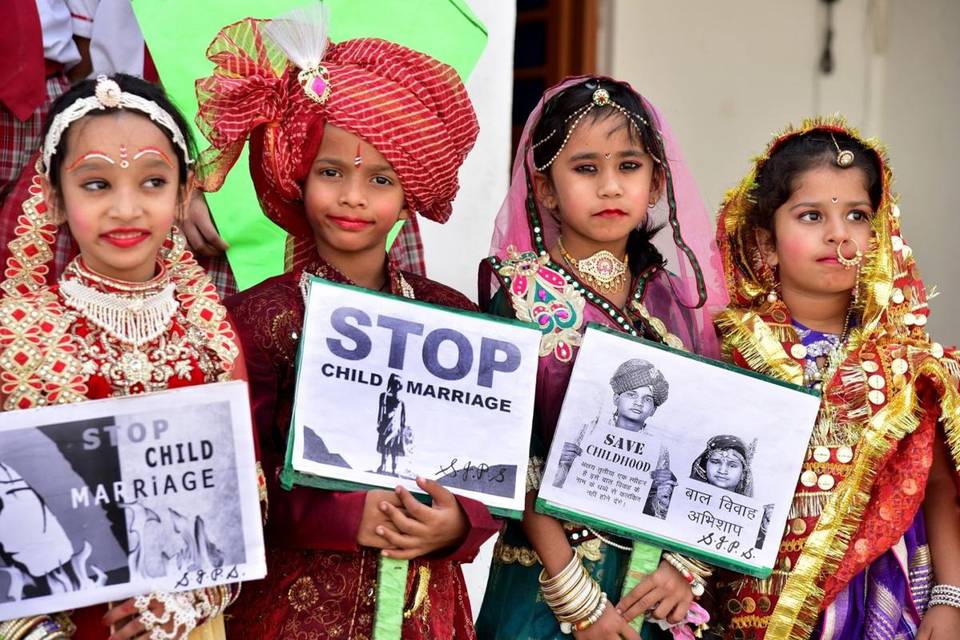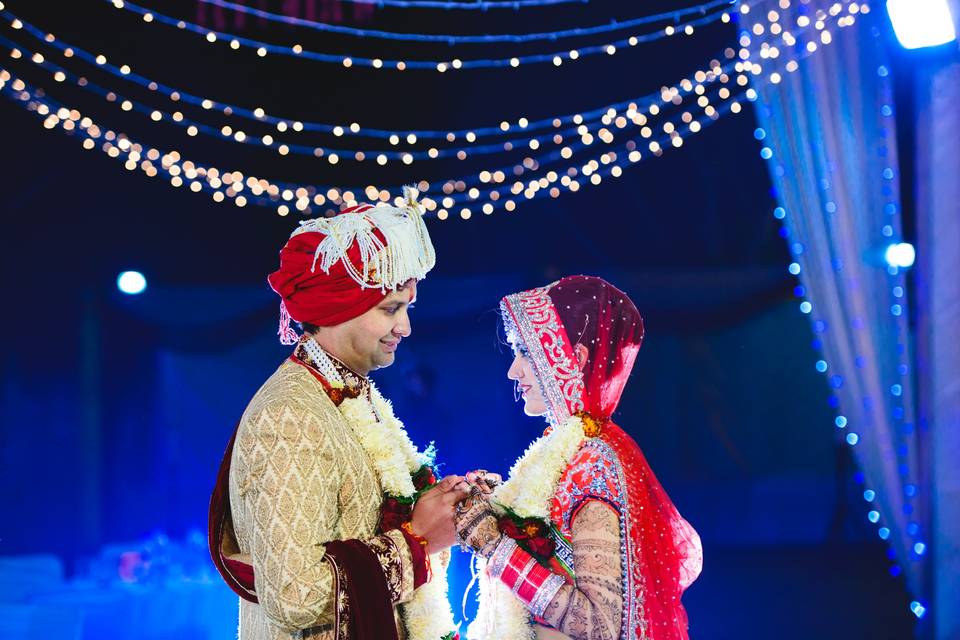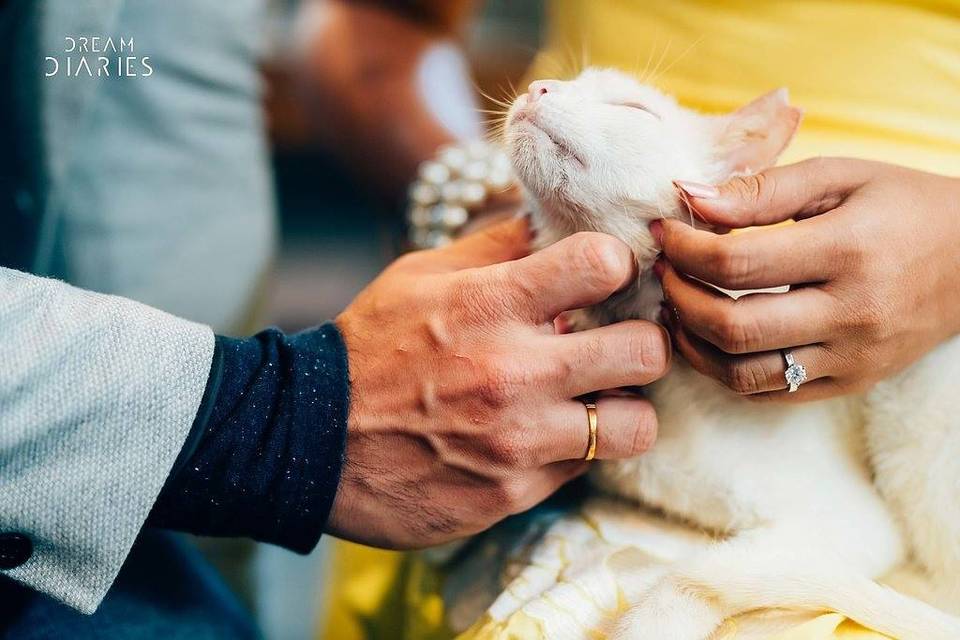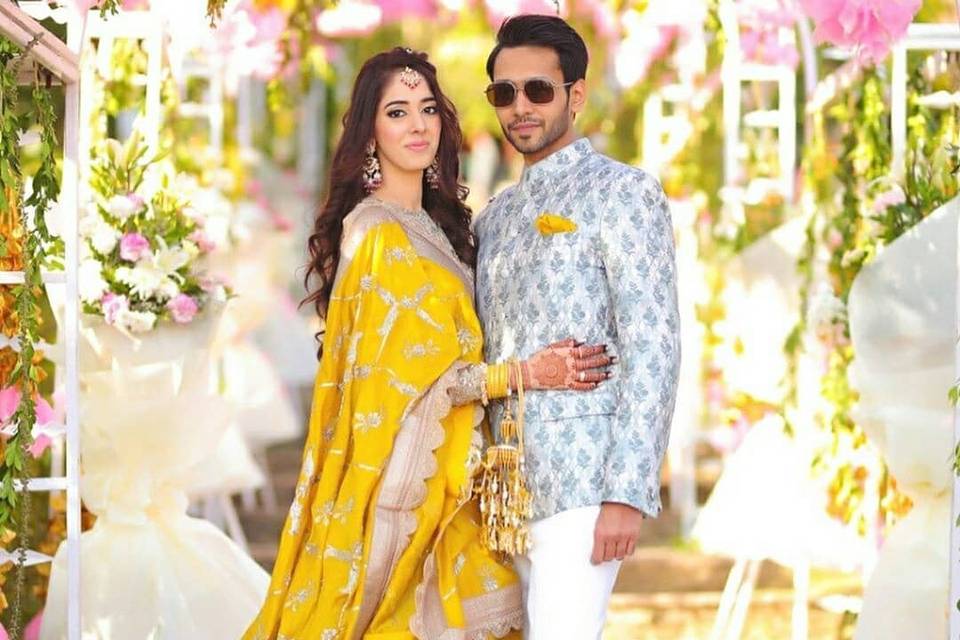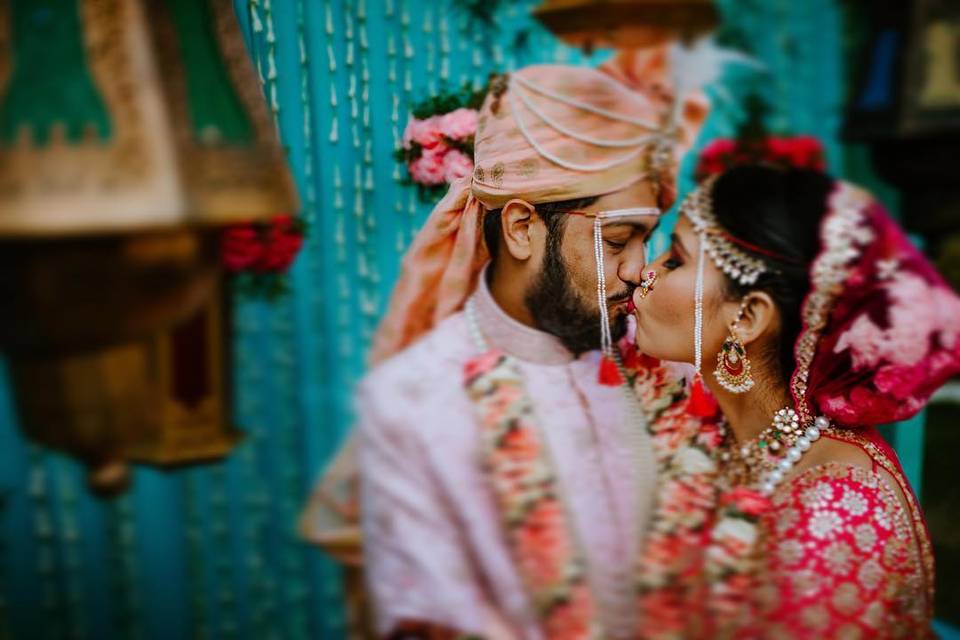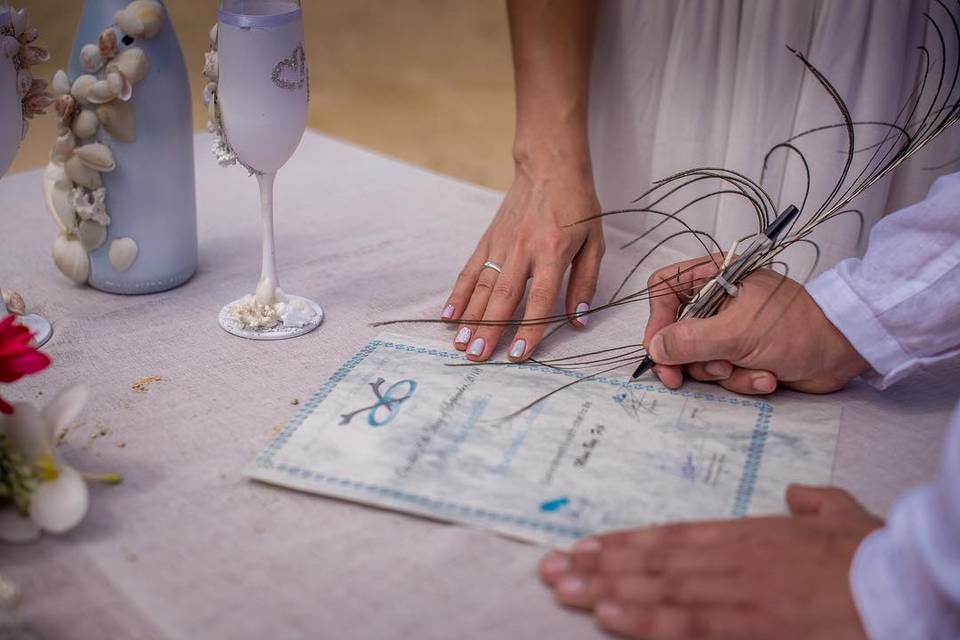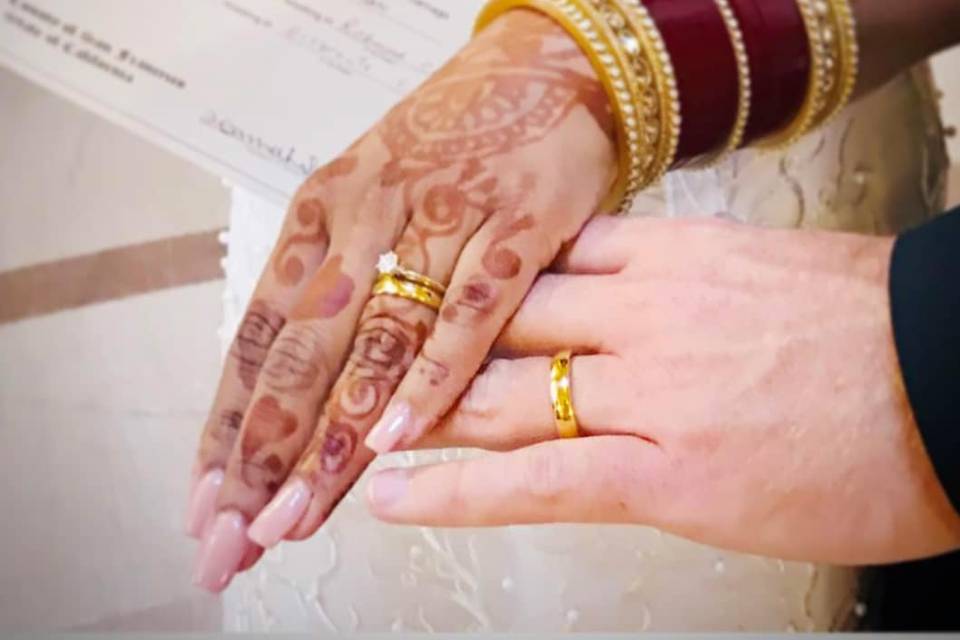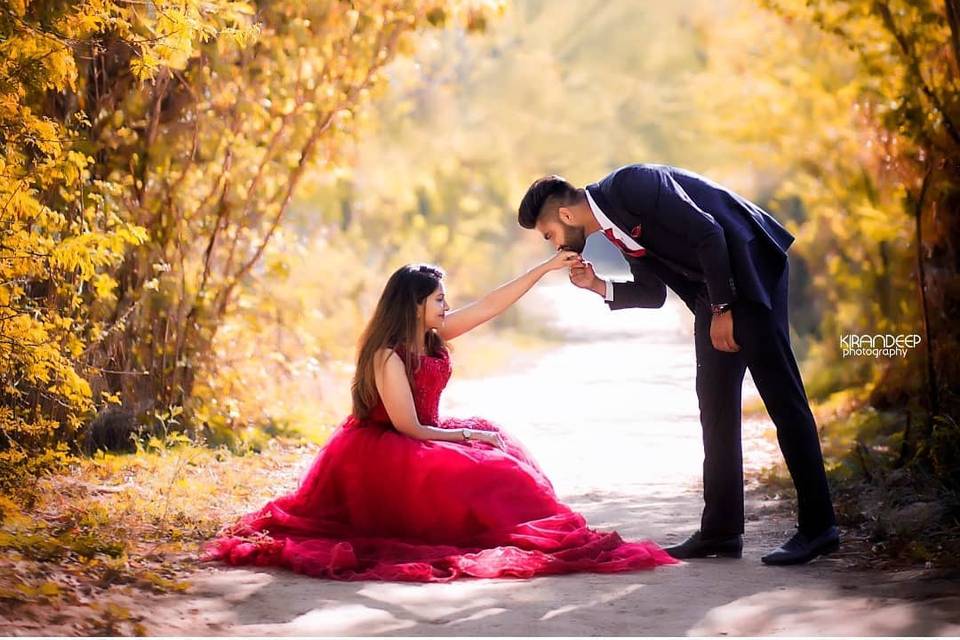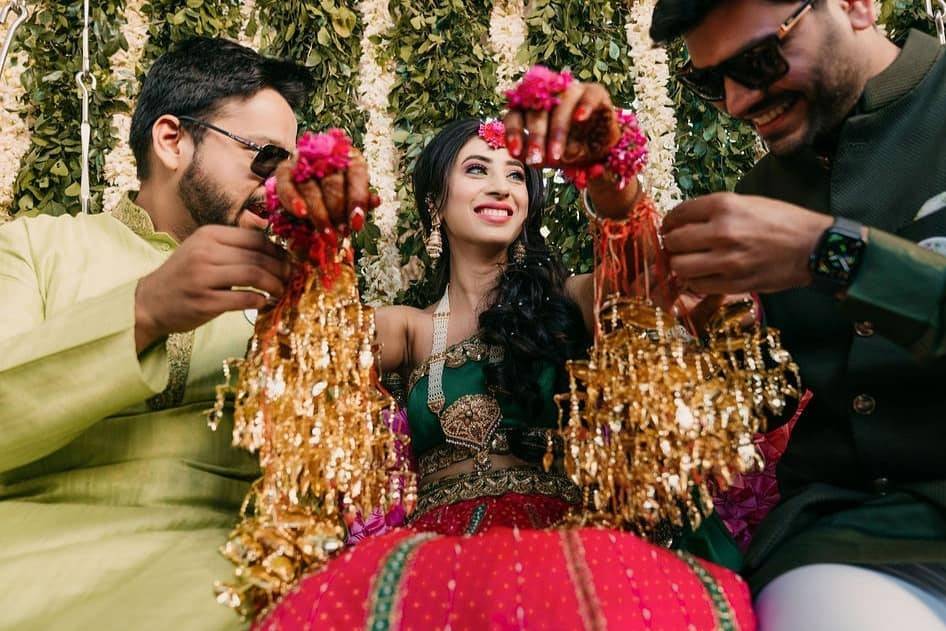Your 101 on the Marriage Registration Certificate – What Is It, How to Get It and Why Do You Need It?
Marriage registration is not something that needs to be taken lightly, as getting yourself a marriage registration certificate is proof of you getting married. Here’s a list of things you need to keep in mind to get one.
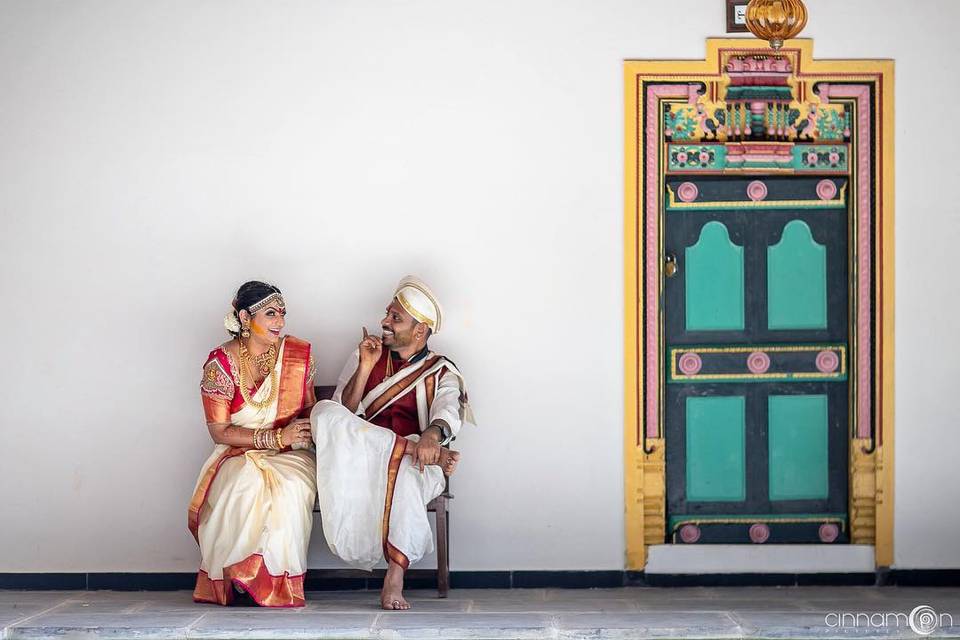
In India, with the flaws in the legal system, people generally do not care about getting a marriage registration certificate but that is not the way to go forward with your new life. Even though the court accepts any marriage undertaken as per the traditions and rituals of a religion, for you to legally married, a marriage registration certificate is a necessity. Therefore, you should always consider getting one after your marriage.
In the fun and joy of an Indian wedding, most people forget about the legalities and often end up without a marriage certificate, which can later cause a lot of problems. More than anything, it plays a huge role in cases like a separation or divorce, an insurance claim and other such legal issues. You can get the marriage registration certificate under either the Hindu Marriage Act or the Special Marriage Act. We are here to help you with a detailed step-by-step guide to get you your marriage registration certificate.
Your Step By Step Guide!
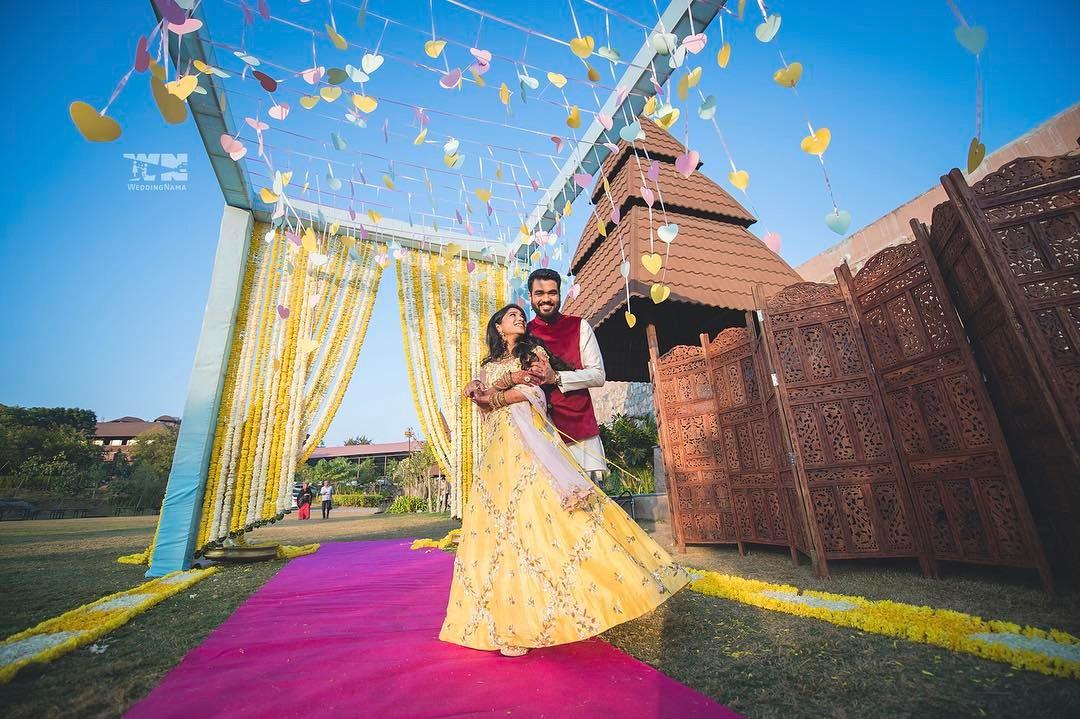
Step 1
Firstly, you need to apply at the sub-registrar office to get the marriage registration certificate. You have two options for this as you can either apply at the sub-registrar office under whose jurisdiction the marriage took place or in one of the jurisdictions where either you have been living for 6 months or more. In the case of the Special Marriage Act, you need to give a 30-day notice to the sub-registrar before applying.
Step 2
You have to fill the form either offline in the office or online if the provision is there. Once you fill the form, you have to submit a few documents along with the application form. The documents you would require are listed below.
- Proof of Date of Birth.
- Proof of residence.
- An affidavit signed by both partners stating the date, time, and place of birth and marital status at the time of the wedding, along with the nationalities.
- Passport-sized photographs.
- Proof of marriage. It includes the invitation card, pictures from the wedding, a certificate from the priest who conducted the marriage. If one of the partners is converting their religion, then the certificate of the conversion too is important. However, if you are applying under the Special Marriage Act, you are exempted of all these documents.
- Affirmation from both parties that the bride and groom are not related to each other within the precluded degree of relationship.
- In case of a re-marriage, proof of divorce or death certificate of the ex-spouse. Note: just show the proof, there is no need for any description.
Step 3
Get all the documents attested by a gazetted officer before submission.
Step 4
Once you are done with the application form and documents, you just need to pay the fees for the processing to start. For the Hindu Marriage Act, the fees is ₹ 100 and for the Special Marriage Act, the fees is ₹ 150. There is a provision called Tatkal Marriage, which allows you to get the certificate within a day or two but it costs ₹ 10,000. This is only for emergency purposes like shifting to another country or changes to be made in the passport or something along similar lines.
Step 5
Once you are done with all the submissions, it is now time for you to wait. The sub-registrar will give you an appointment, which is usually 15 days after the submission of your application under the Hindu Marriage Act and 60 days in case of the Special Marriage Act.
Step 6
The next step in getting the marriage registration certificate is to wait for your notice. A copy of the notice is sent to you while one of the notices is kept at the notice board at the office. If anyone objects to the marriage by looking at the public notice, then there would be a meeting set up between all the parties involved. This is mainly for cases that involve divorces. If there is no objection, then the registration can now take place.
Step 7
Once all the documents are verified and the notice is approved, you just need to come on the assigned date at the sub-registrar’s office to sign in the register. However, for this, you need a witness from both parties as well. In the case of the Hindu Marriage Act, the witness should have attended the wedding. In both cases, the witnesses must carry their ID proof and proof of residence. Once everyone signs in the register, you are legally married. You will get the marriage registration certificate in a day or two.
It may sound tiring but it is not. It is a simple register marriage procedure that every married couple in India should go through to be legally married.
Get in touch with our wedding planners if you need help with the legal side of things!

